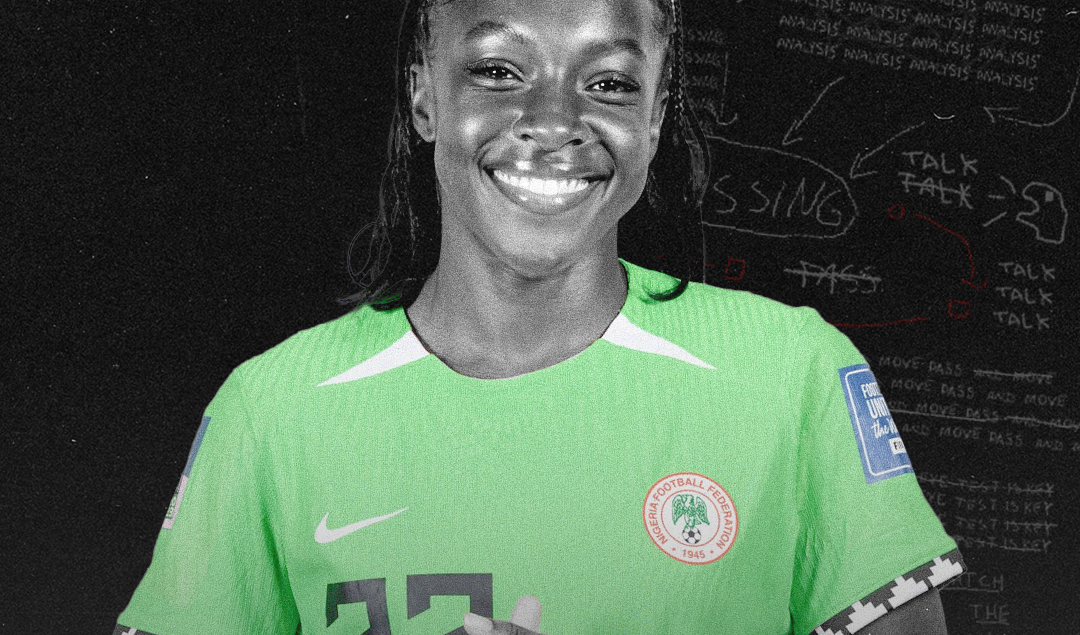Nigeria’s Women’s World Cup Dreams Once Again Come to an End in the Round of 16
Only one African team has reached every single Women’s World Cup since the tournament’s introduction in 1991: Nigeria. Having been eliminated in the group stage in their first two attempts, they reached the quarterfinals in 1999, their best-ever finish, but they would exit the group stage on four straight occasions before falling to Germany in the Round of 16 in 2019. They entered their 2023 campaign in controversial fashion, with Randy Waldrum — manager since October 2020 — publicly complaining that the Nigerian FA doesn’t support him and his players, throwing his support behind his players in a dispute with the national federation over match bonuses and that up until recently, he was owed 14 months pay.
Another one of his grievances was the dismissal of his assistant coach Lauren Gregg, part of the coaching staff for the USWNT’s World Cup wins in 1991 and 1999. The NFF insisted that he select a young local goalkeeper to the tournament ahead of one of the reserve goalkeepers, Tochi Oluehi and Yewande Balogun, 36 and 33, with Waldrum stating that he would consider her as long Waldrum said he would consider the younger player as long as he could take a look at her during a training camp in Nigeria, planned for the 10 days before their trip to Australia.
At the last minute, the Nigerian Football Federation cancelled the training camp over cost concerns and Waldrum said he could not pick the goalkeeper, with the NFF retaliating by preventing Gregg from going to the World Cup. There was also the question of who should wear the armband after the initial captain Onome Ebi — who became the first African footballer, male or female, to play in six World Cups — failed to start in the opening match, whilst another key player in Ngozi Okobi was dropped from the team before the tournament.
Chiamaka Nnadozie started in goal and captained the side, making three saves as Nigeria drew 0-0 to Canada in Melbourne. Whilst Ebi would have to wait for the second match to make history, fellow 40-year-old Christine Sinclair was looking to become the first player to score in six World Cups, only to be denied from the spot in the 50th minute by Nnadozie. With Rasheedat Ajibade and Halimatu Ayinde suspended for the opener, 19-year-old Deborah Abiodun was given the start and impressed, winning seven out of 11 ground duels and completing seven tackles, but she was sent off in the eighth minute of extra time and would not make another appearance throughout the tournament.
Waldrum made several adjustments to the side for the following match, with Rasheedat and Ayinde being brought into the team, whilst Ifeoma Onumonu would start as the lone striker up top. The hosts took the lead via Emily Van Egmond only for Nigeria to draw level shortly before the break via Uchenna Kanu, with Osinachi Ohale giving them the lead in the 65th minute. Asisat Oshoala, who replaced Kanu in the second half, would stretch Nigeria’s lead to two, but Alanna Kenedy would pull one back for Australia in the 10th minute of extra time.
The Super Falcons needed a win or a draw in their final match against Ireland to qualify to the knockout round, with the two sides settling for a 0-0 draw as Nigeria finished second behind Australia in their group. They would face off against England, winners of last summer’s Euros, with England coming into the match on the back of two 1-0 wins against Haiti and Denmark as well as a 6-1 demolition of China that would see Lauren James score two goals and three assists.
England had 56% possession and 12 shots to Nigeria’s 20 as well as 4 shots on target to Nigeria’s two, with the two sides producing an even affair in Brisbane. Having scored the winner against Denmark and stole the show against China, James was kept under wraps and would see red in the 87th minute after stamping on the back of Michelle Alozie. Neither side managed to find a goal in the following half-hour, with Georgia Stanway and Desire Oparanozie missing the opening spot-kick for both teams.
Bethany England converted England’s next penalty whilst Alozie failed to find the target, with the Lionesses prevailing 4-2 on penalties and booking their ticket to the next round. Whilst they were held scoreless in three out of four matches, Nigeria nevertheless beat Australia and came within inches of knocking out England — two of the strongest sides in the entire tournament — and they have plenty of positives to take from yet another agonizing end to their campaign.
By: @iamzeezaga
Featured Image: @GabFoligno / Justin Setterfield – FIFA
